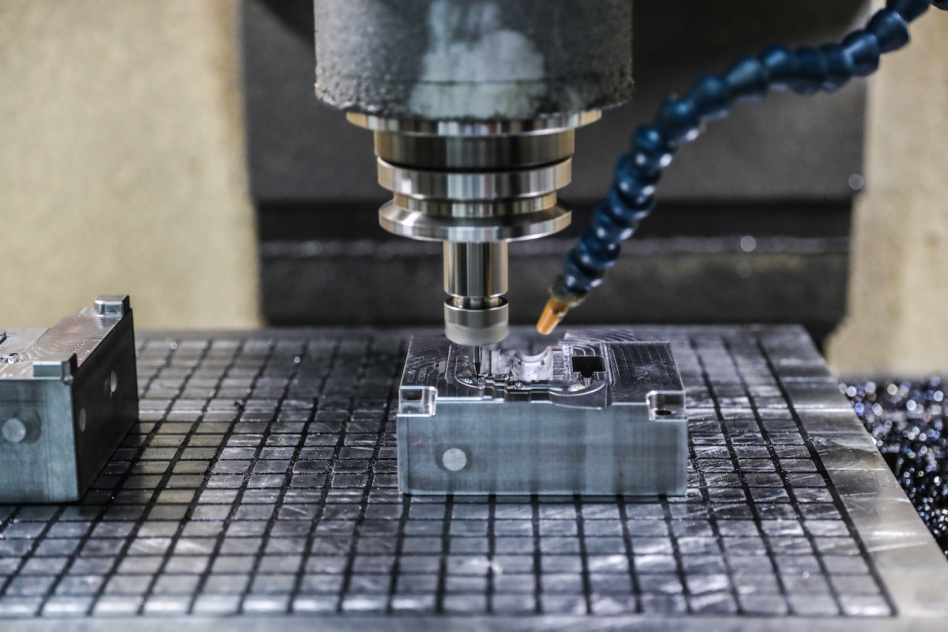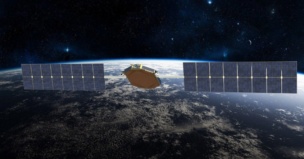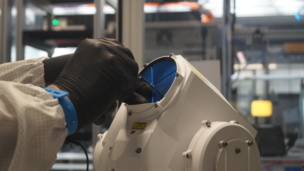Manufacturing intricate, specially-designed components for aerospace is a tricky process, requiring high accuracy and precision to build reliable, hardy products. Generally, that leads to long lead times—i.e. a whole lot of waiting around for a delivery from a supplier.
Heliospace, a company that provides NASA with flight hardware and systems engineering, announced yesterday a partnership with custom manufacturing company Fictiv. The two companies have been working together for a few years and say they’ve been able to cut lead times down from ~18 weeks to two.
On the double: Fictiv’s expedited manufacturing process allowed Heliospace to iterate and test faster. Fictiv CEO Dave Evans told Payload that the company is able to bring down lead times for part delivery in a few ways:
- Rather than operating machines in-house, Fictiv uses idle machines at factories with extra capacity, which, Evans says, means that customers don’t have to queue for a limited number of machines in a single shop.
- Fictiv’s design for manufacturing software is meant to make it easier to incorporate feedback and tweaks into the design.
“What we should be doing is doing a rough draft, fabricating in two weeks, testing the hell out of it, figuring out all those things that we never could have predicted, okay, and then moving on,” Heliospace CEO Greg Delory told Payload.
Weighing the costs: While Fictiv’s process isn’t cheaper on a per-part basis than the traditional manufacturing pipeline—generally the price is “competitive” or somewhat higher, Delory said—the CEOs argue the ability to test to reduce risk and iterate several designs in the same time that the company used to be able to test one makes up for the higher cost.




